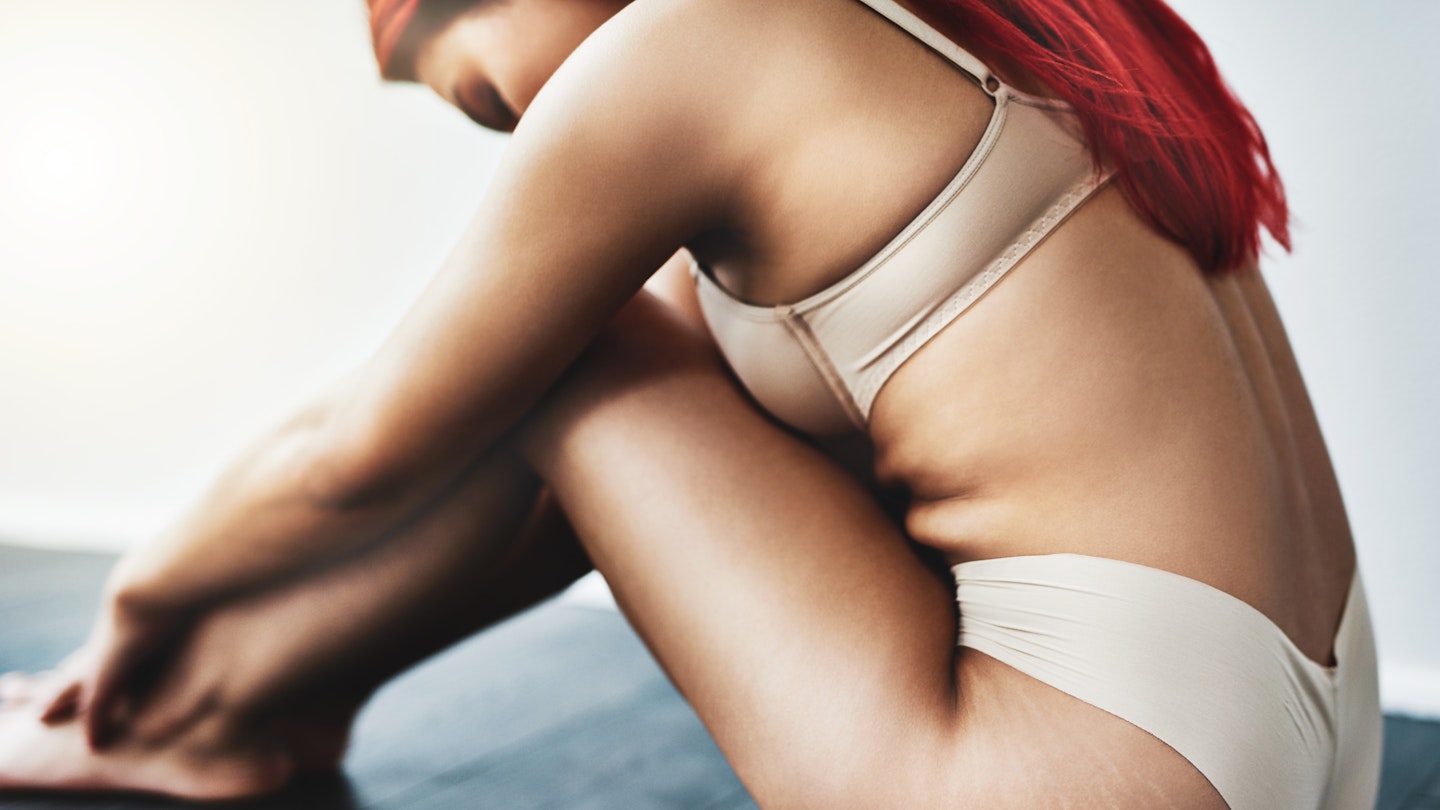Growing and carrying your baby for nine months leaves after-effects from head to toe (quite literally!)
Sure, you know pregnancy has changed your body. And that some post-birth effects last longer than others (yep, those jeans hiding at the back of your wardrobe…).
Having your baby has made you a mum and changed your life completely. So it’s only natural that your body has experienced some permanent changes, too.
Post-pregnancy body changes
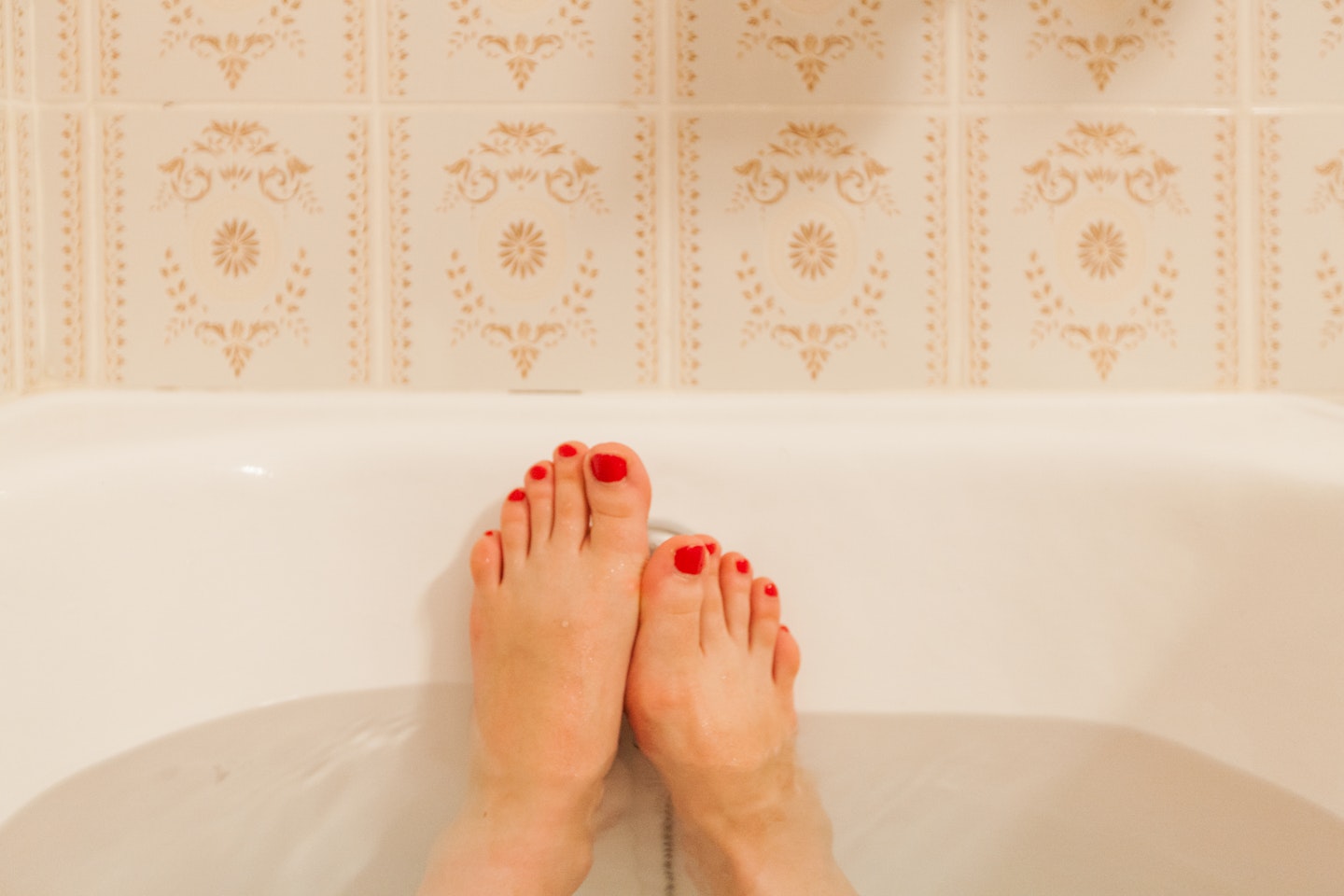 1 of 7
1 of 71) Bigger feet
It’s no secret that your body’s joints relax to allow the growth of a baby. And your feet are no different: a study by the University of Iowa in the United States found that the arch of the foot can flatten out during pregnancy (due to joints loosening plus the added weight of carrying a baby) then the relaxed joints don’t quite go back to where they once were. Some women report changing a full shoe size… Sounds like a brilliant excuse for postnatal shoe shopping to us!
 2 of 7
2 of 72) Tastebuds
While pregnancy cravings are a common part of expecting a baby, did you know that hormonal changes in your body can mean you go off or develop a love for certain things permanently?
Maybe you always had a sweet tooth but now you’re a mum, you’re less keen. Or perhaps you never really enjoyed spicy foods but now you can’t stop seasoning your meals…
However things seem to have changed for you taste-wise, rest assured this is all completely natural and will probably calm down.
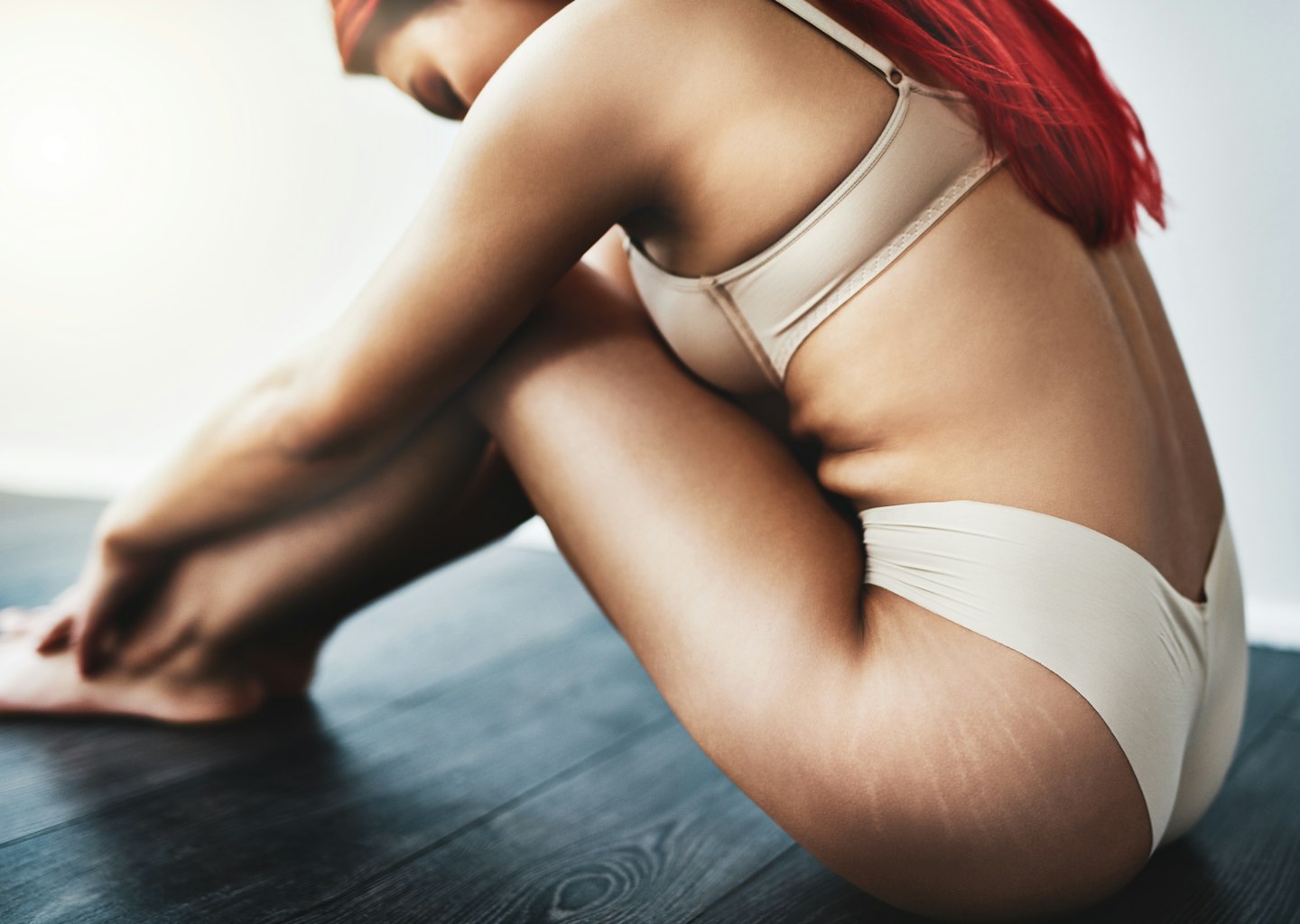 3 of 7
3 of 73) Stretch marks
While some women find their stomach, hips and back have new sets of stretch marks during and after pregnancy,others don’t get a single mark.
This can differ from woman to woman and pregnancy to pregnancy: some mums find they didn’t have any stretch marks with their first baby but did with subsequent pregnancies.
With all the speedy growing your body has to do to accommodate a growing bump, it’s no surprise that a woman’s body can bear some scars of this. Many stretch marks fade as time passes and, anyway, all they do is prove you housed and grew another little human!
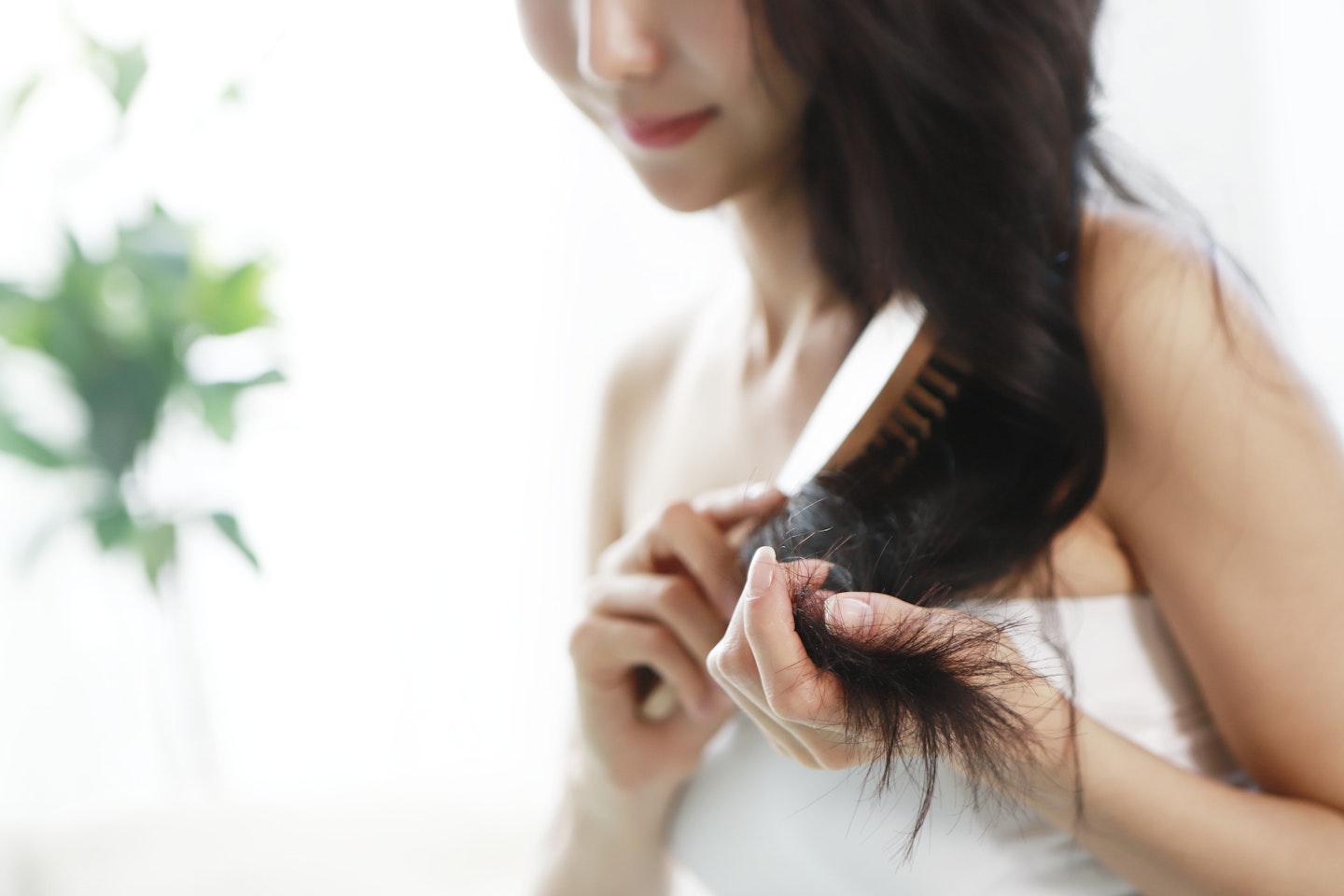 4 of 7
4 of 74) Hair
It’s no secret that pregnancy hormones can leave your hair looking and feeling thicker and glossier… So, be prepared for your shiny locks to look, well, a little less shiny.
Around the time your baby is 3 months old, you may notice some shedding of hair. But your hair growth should be back to normal by his or her 1st birthday.
 5 of 7
5 of 75) Hips
Your pelvic joints and ligaments loosen to allow a baby to pass through the birth canal when you deliver. A few women have found that this slight widening of their hips is a permanent change. But relax, it’s completely natural and doesn’t hurt.
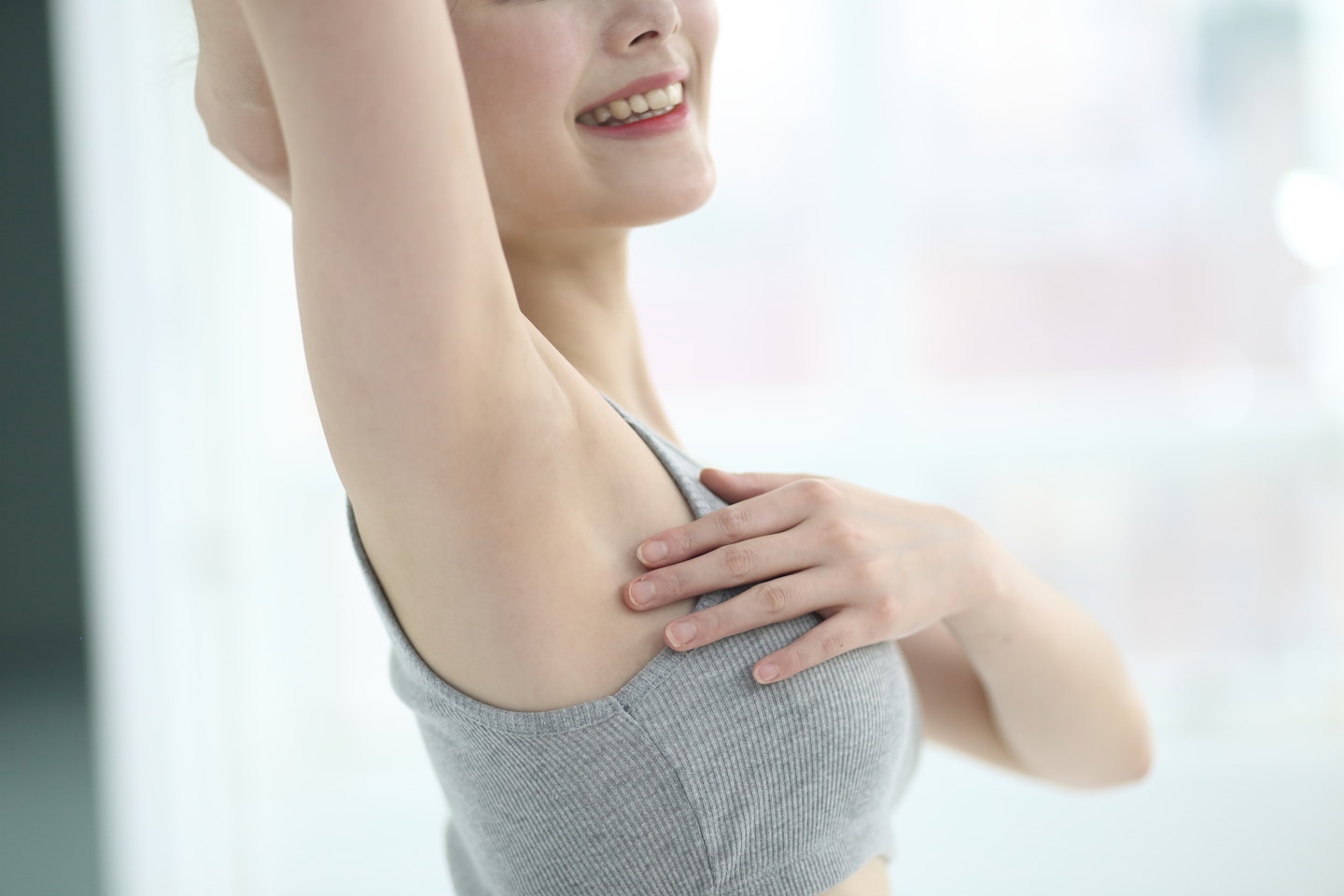 6 of 7
6 of 76) Breast changes
Whether your breast feed your baby or not, you will notice changes in your boobs.
Gaining and losing weight during and after pregnancy can play a part and thesize and shape of your breasts can alter.These changes are all part of how your body alters as it goes through new stages in life.
You might be a completely different bra size or feel like your boobs have less elasticity than pre-pregnancy. It’s important to keep an eye on how your breasts change.
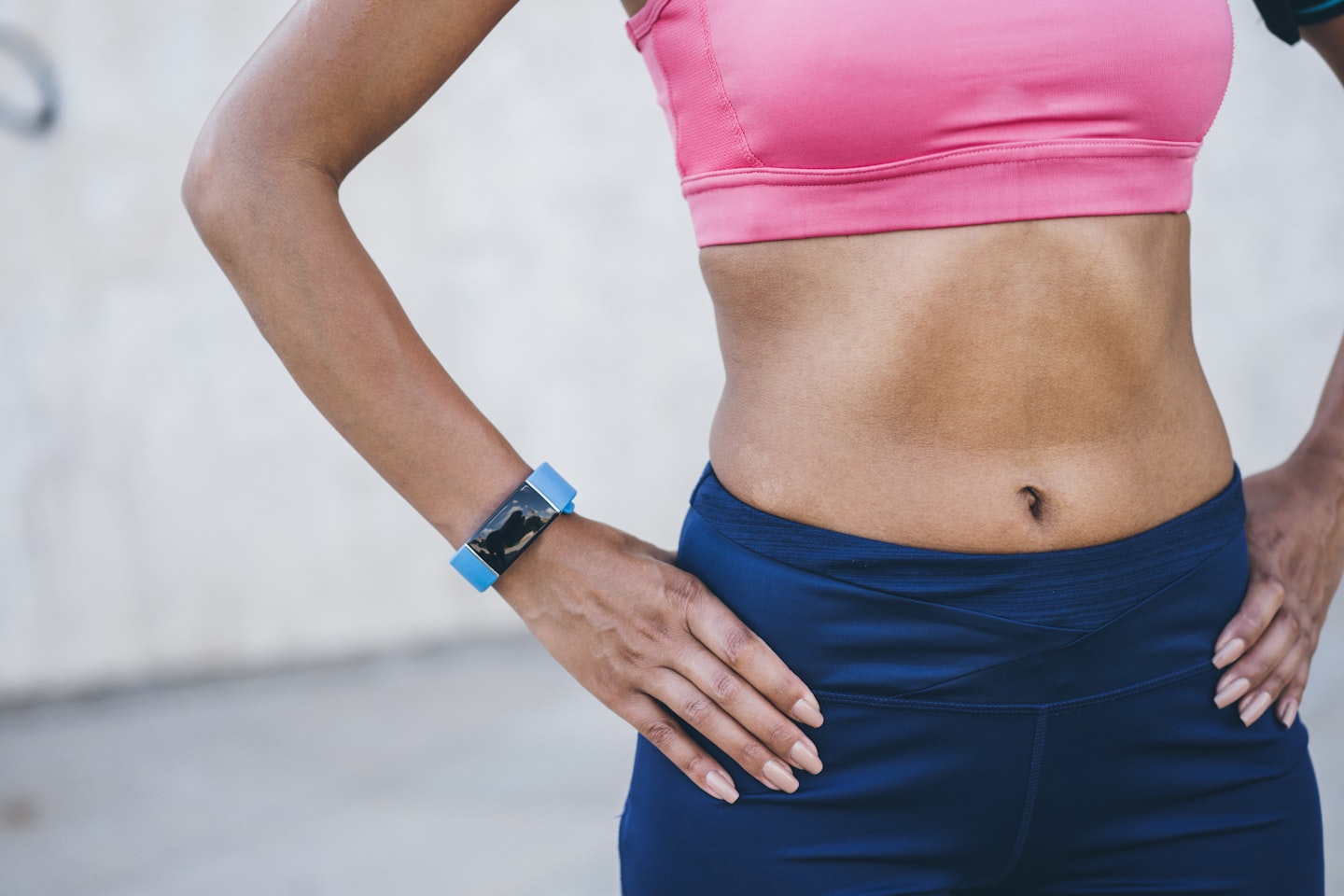 7 of 7
7 of 77) Pelvic floor
There’s a reason your midwife and health visitor keep reminding you to perform pelvic floor exercises. During pregnancy, your pelvic floor is stretched to make room for your growing baby and can be weakened as a result.
This is very common and it stands to reason that your pelvic floor might need to tighten up a bit and by doing exercises you’ll strengthen the muscles in your vagina and around your bladder.
Check out our guide to the very best pelvic floor trainers for new mums
